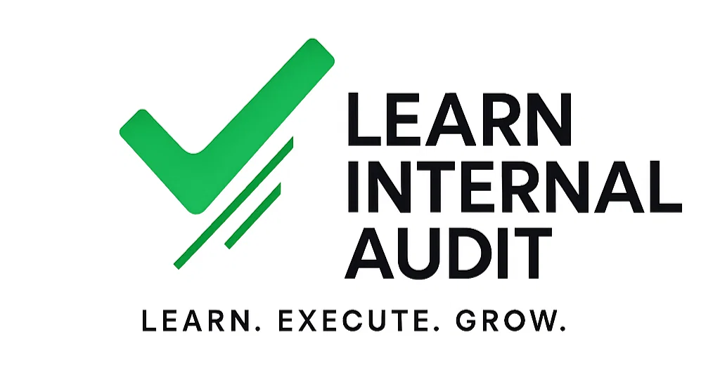Short answer:
No, internal auditors are not required to be certified, but pursuing certification offers a multitude of advantages, including increased job opportunities, higher earning potential, and enhanced professional credibility.
Long answer:
Internal auditors play a pivotal role in assessing an organisation’s internal controls and risk management processes. Their mission is to provide assurance to management and stakeholders that the organisation operates in compliance with its established policies and procedures.
Certification is not mandatory for internal auditors, but it is crucial to recognize that some form of formal training or certification in internal audit can bring a lot of value to your career as internal auditor.
Here are several compelling reasons to consider doing a course on internal audit:
- In-Demand Expertise: Certified and trained internal auditors are in high demand, which often translates to more attractive job offers and higher salaries compared to their non-trained counterparts.
- Demonstrated Competence: Certification serves as tangible proof to employers that you possess the skills and knowledge necessary to excel in your role. It’s a clear signal that you’re dedicated to your profession.
- Career Advancement: Internal auditors who are formally trained typically find it easier to climb the corporate ladder. Your certification can open doors to more senior positions and give you a competitive edge in a dynamic job market.
However, it’s important to note that certification remains an optional path in your internal audit career. There are successful internal auditors who have achieved significant accomplishments without it. The decision to pursue certification should be made after careful consideration.
Here are some thoughts on what can change with a formal training program on internal audit:
Imagine a dedicated internal auditor who wants to take his/her career to the next level. He/She decides to invest in specialised training that provides a deeper understanding of risk management and internal controls. This additional knowledge allows him/her to confidently lead audit teams and provides the foundation to excel as a senior internal auditor. The career trajectory shifts upward, resulting in more significant responsibilities and a higher salary.
An internal auditor I know with a general skill set, aspired to specialise in information systems auditing, which is a growing niche within the field. She opted for a specialised course to hone her skills in this area. After completing the program, she received multiple offers in the cybersecurity auditing domain. The specialised training helped her get a role where she was instrumental in safeguarding critical digital assets, and her expertise became a valuable asset to her organisation.
Let’s consider an internal auditor who had already obtained his CIA certification and was eager to expand his skill set. He opted for a comprehensive course on internal audit that covered a wide range of audit domains including Procure to Pay, Order to Cash, Hire to Retire, Supply Chain and Logistics, etc. This training allowed him to easily transition between financial, compliance, and operational audits. The result? He quickly gained a senior position in his organisation, handling diverse audit responsibilities and quickly rising through the ranks.
Here are a few additional factors to think about:
- Employer Requirements: Some organisations, particularly for senior roles, may insist that you should have done some formal course on internal audit.
- Continuous Learning: Training can help internal auditors stay current with the latest best practices in internal auditing, a field that’s constantly evolving.
- Networking Opportunities: Attending a course opens doors to a network of like-minded professionals, offering opportunities to exchange insights and build valuable connections in the internal audit community.
Course Options:
Talking about courses on internal audit, there is The Certified Internal Auditor (CIA) certification, offered by the globally recognized Institute of Internal Auditors (IIA), which is a prime example of a prestigious certification in the field, but requires prior experience as an internal auditor to qualify for the course (read more about it here). However, if you’re seeking an alternative path that allows you to tailor your education more specifically to your needs, you might consider exploring our comprehensive course on internal audit. This course offers a valuable educational journey designed to equip you with the skills and knowledge essential for success in internal auditing, complementing the CIA certification or serving as a stand-alone route to your career goals.
Your choice of whether or not to pursue certification should align with your career goals and aspirations. It’s a personal decision that deserves careful consideration. Weigh the benefits against your own ambitions and the requirements of the organisations you wish to work for, and remember that your career path can be successful with or without certification.

